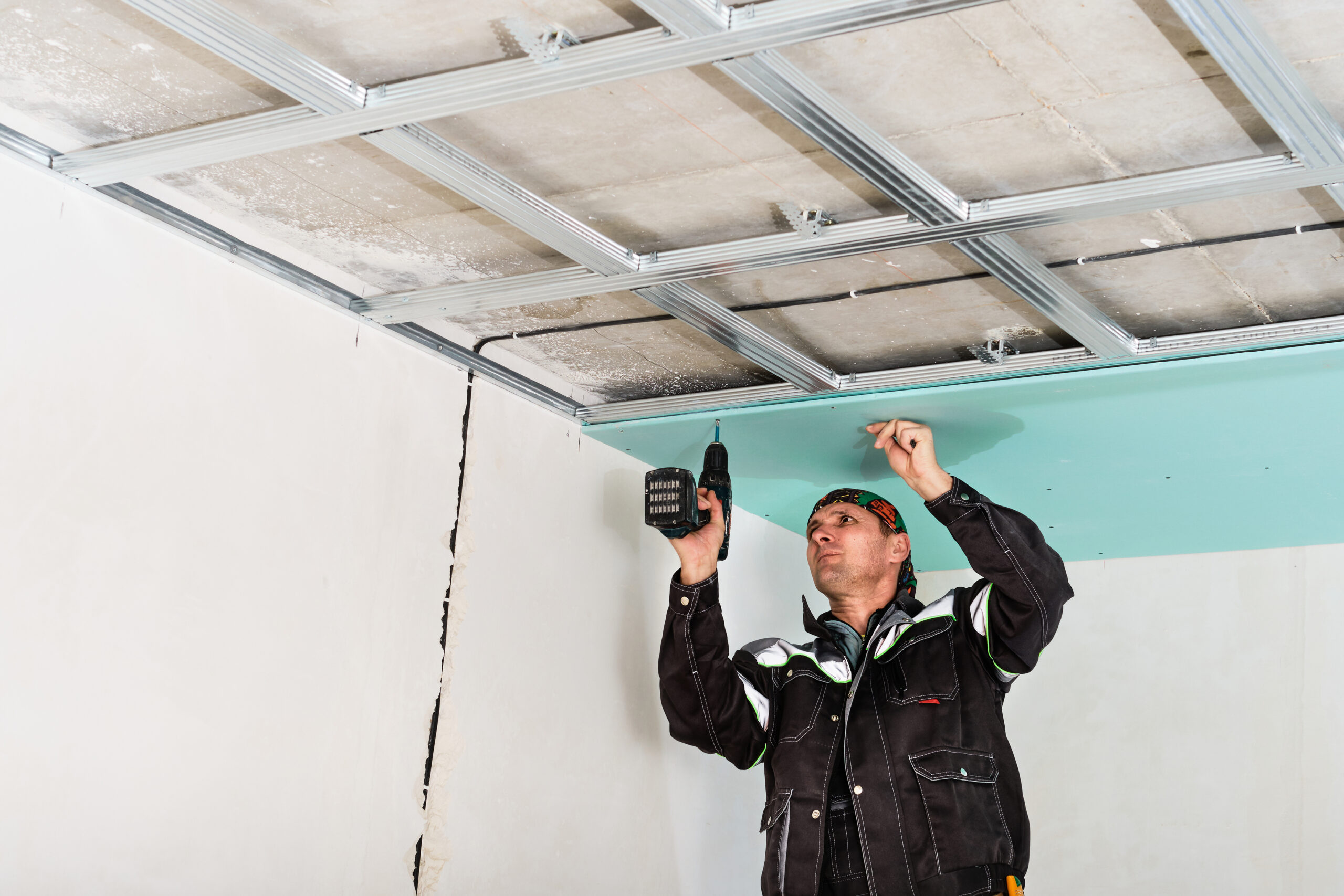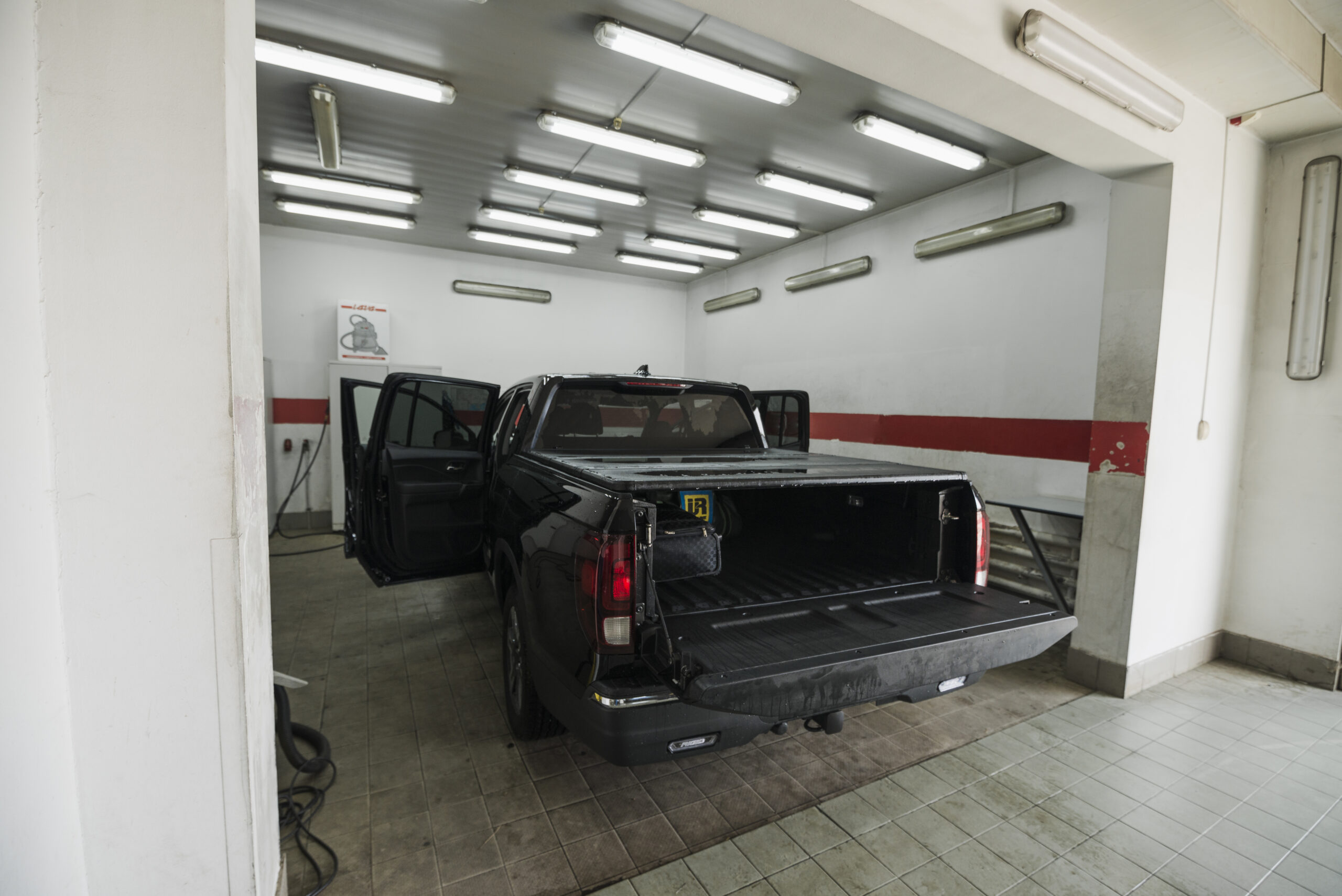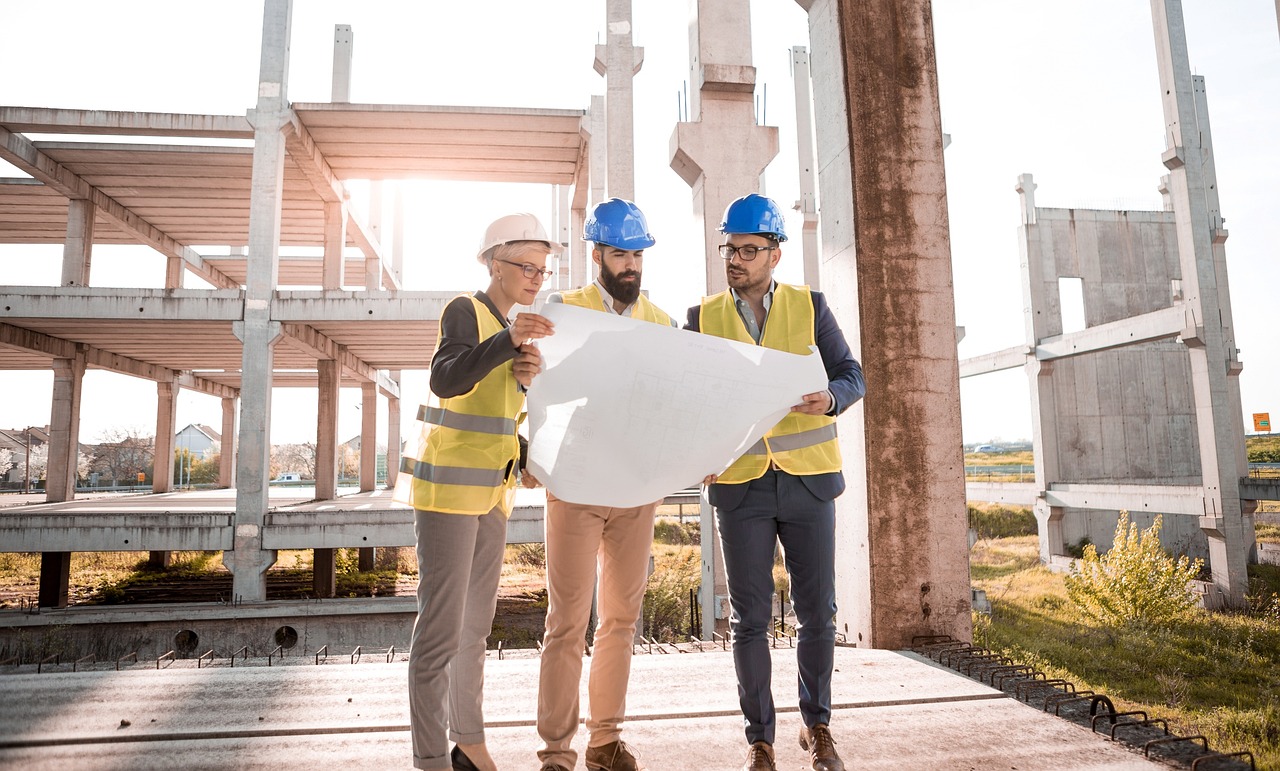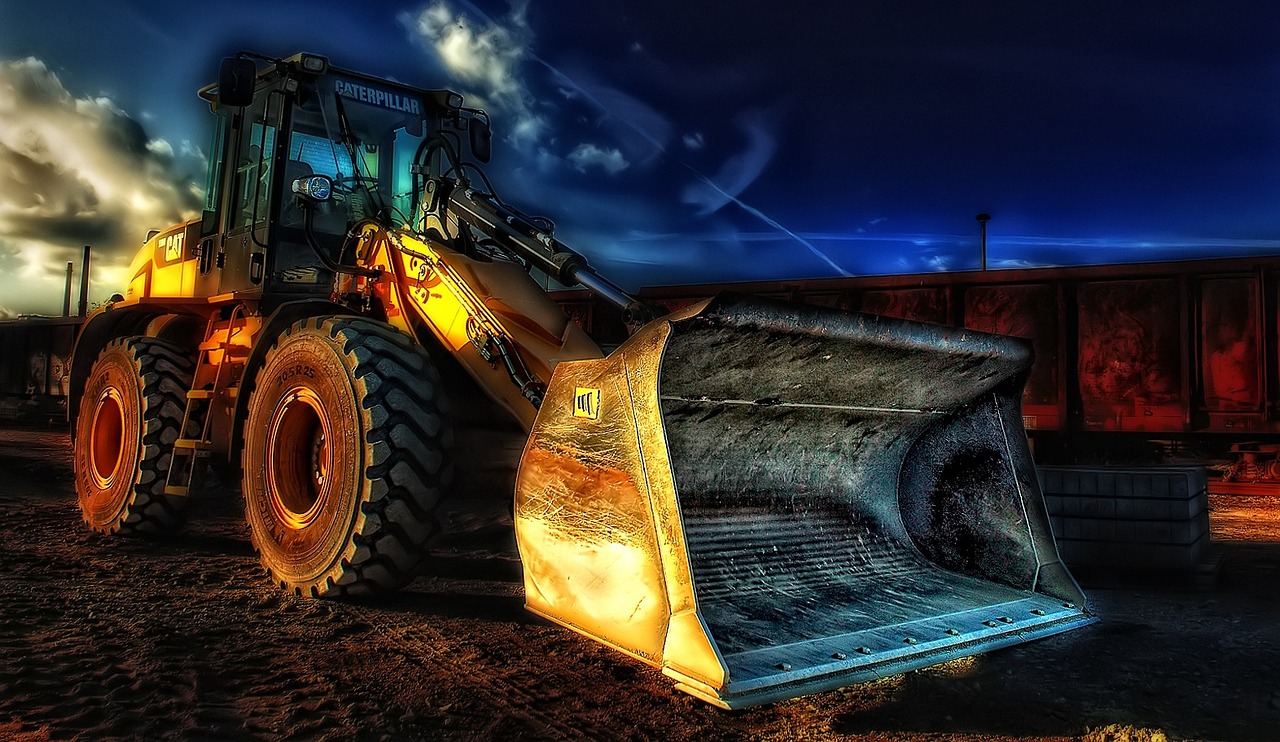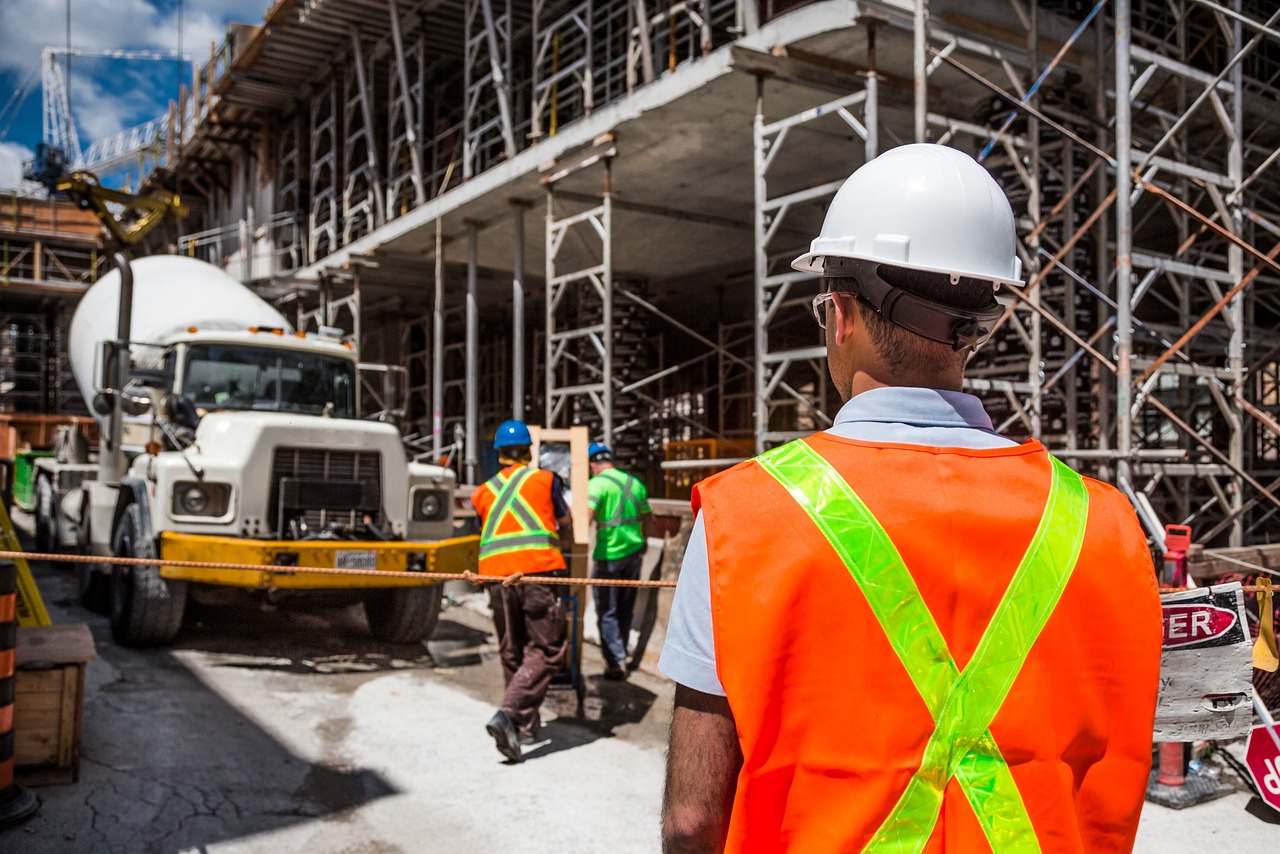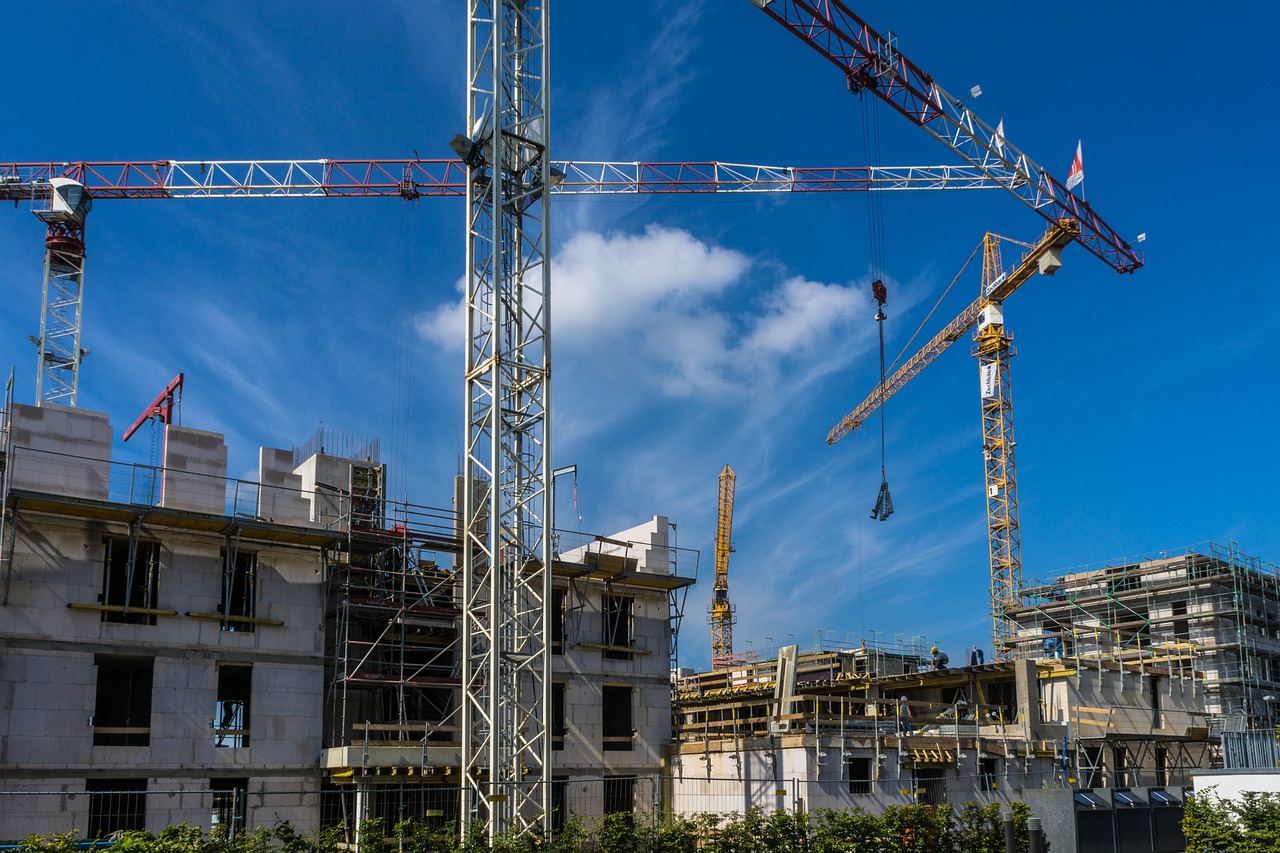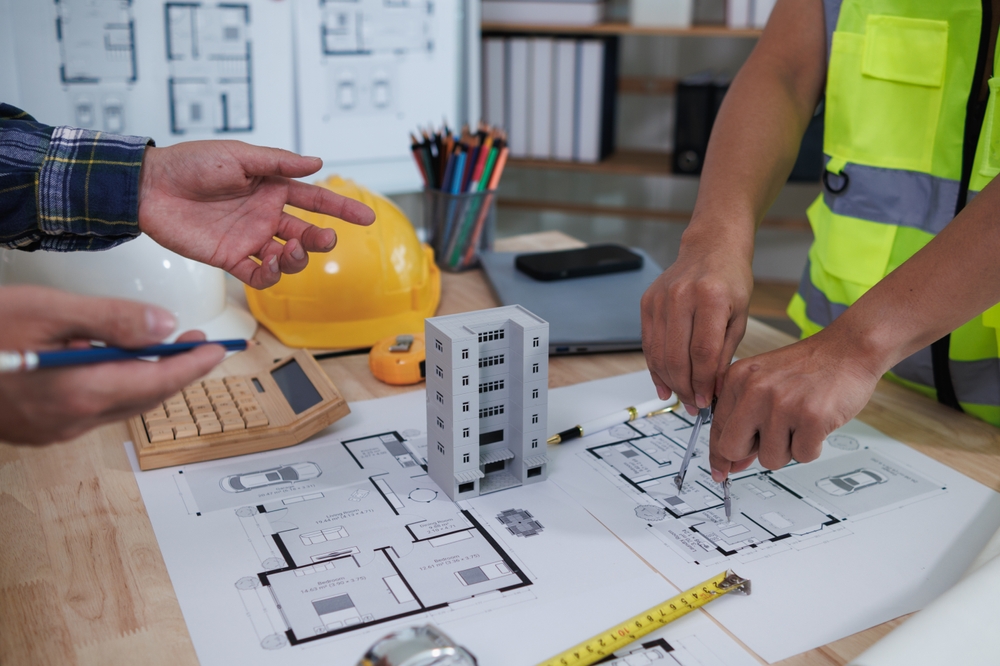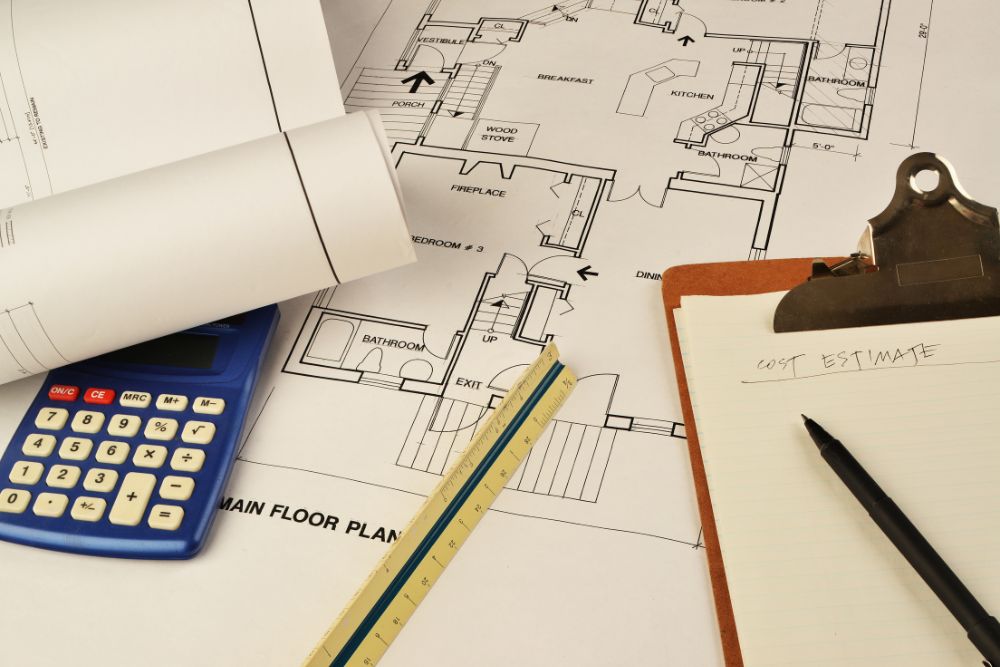Many garages are left unfinished, with exposed studs and insulation giving the space a rough, incomplete look. While this may be fine for basic storage, it limits how functional and comfortable the garage can really be.
An unfinished garage also brings a few hidden problems. It can let in drafts and dust, lower energy efficiency, and even reduce safety in case of fire. If you want to turn the garage into a workshop, home gym, or simply boost your home’s value, those bare walls quickly become a drawback.
Drywalling solves this problem by turning a simple storage space into a clean, practical, and safer extension of your home. The key question, however, is cost. In this guide, we’ll look at the average price to drywall a garage, the factors that affect it, and the options available so you can plan with clarity and confidence.
Why Should You Install Drywall in Your Garage?
A garage drywall is not just a show business. It is a wise option that is accompanied by numerous advantages.
- Inexpensive and Fast: Drywall is less costly and faster to install than plaster or any other finish.
- Conserves Energy: It insulates the garage to help it be warmer during winter and cooler during summer. This can lower your bills.
- Fix it Easy: Minor holes may be patched, or even broken panels may be replaced with minimal effort.
- Fire Safety: Gypsum drywall retards fire, which also provides additional emergency safety.
- Durability: Drywall may last approximately 70 years with proper care.
- Custom: You can pick soundproof, waterproof, or moisture-resistant dry wall. It is also possible to add textures in order to make it look unique.
Average Garage Drywall Installation Cost
If you want to know how much it will cost to drywall a garage, it will depend on the space and the finish. To get the correct figure, the professional estimate would be required, but here is a rough idea of what most homeowners will pay:
Rate Type | Cost |
Lowest Rate | $500 |
Average Rate | $1,500 |
Highest Rate | $5,600 |
Average Garage Drywall Installation Cost Per Square Foot
The cost per square foot will provide a more accurate view of the amount of money you will spend, depending on your needs. By selecting a simple finish, you will pay less, whereas an average or professional finish costs more because it involves the use of extra materials and labor.
Here’s a table to compare the cost at different levels:
Item | Type | Finish Level | Includes | Cost/Sq Ft |
Basic | Standard Drywall | Level 0 | No finish | $0.85 – $1.90 |
Average | Moisture Resistant | Level 2 | Tape + Joint Compound | $1.25 – $2.75 |
High | Fire Resistant | Level 3 | Insulation + Full Finish | $1.50 – $3.50 |
Factors Affecting Garage Drywall Installation Cost
The cost of garage drywall installation, just like any construction project, is subject to a number of important factors. The knowledge of these aspects will allow you to create a more precise budget and prevent any surprises.
1. Size of the Garage
The bigger the garage, the more materials and labor are required. This makes size one of the most important cost factors.
Here’s a breakdown of drywall estimating costs by garage size:
Garage Size | Cost Range |
1-car | $800 – $2,800 |
2-car | $1,000 – $3,900 |
3-car | $1,700 – $5,000 |
2. Types of Garage Drywall
Choosing the right drywall type can change both the cost and performance. Some are basic, while others offer fire, moisture, or sound resistance.
The table below shows different drywall types with their costs:
Type | Key Feature | Cost/Sq Ft |
Standard | Easy to cut and install | $0.40 – $0.50 |
Water Resistant | Green surface layer | $0.55 – $0.70 |
Moisture Resistant | Mold-resistant with antimicrobial coating | $0.65 – $0.75 |
Blue Board | Strong base for heavy plaster finishes | $0.65 – $0.80 |
Paperless | Fiberglass cover needs extra finishing | $0.65 – $1.05 |
Fire Resistant | Added fire safety | $0.55 – $0.90 |
Soundproof | Thick panels for noise control | $1.85 – $3.00 |
Eco-Friendly | Made from recycled materials | $0.70 – $0.90 |
3. Finishing Level
The finish level shows how ready your drywall is for painting or decorating. Higher finishes look better but also cost more.
Here’s what each level includes and how much it costs:
Level | Features | Cost/Sq Ft |
0 | Basic, no tape or mud | $0.30 – $0.80 |
1 | Rough finish | $0.70 – $1.50 |
2 | One coat, ready for primer | $0.80 – $1.75 |
3 | Two coats, smooth finish | $0.90 – $2.50 |
4 | Good for wallpaper or tile | $1.00 – $3.00 |
5 | Premium, glossy paint is ready | $1.35 – $3.50 |
4. Drywall Thickness
Drywall comes in different thicknesses. Thicker panels provide better strength, fire resistance, or soundproofing, but they cost more.
See the table below for drywall thickness options:
Thickness | Best Use | Cost/Panel |
1/4 inch | Repairs or covering surfaces | $10 – $12 |
3/8 inch | Small repairs | $10 – $15 |
1/2 inch | Most common for garages | $10 – $20 |
5/8 inch | Fire-resistant and soundproofing | $13 – $75 |
5. Panel Size
Drywall panels come in different sizes. Larger panels cover more space with fewer seams, while smaller panels are easier to handle.
Here are the common panel sizes with costs:
Size | Cost/Panel |
4 x 8 ft | $10 – $15 |
4 x 12 ft | $13 – $23 |
4 x 16 ft | $16 – $30 |
Additional Factors That Affect Garage Drywall Installation Cost
Besides the size of the garage and the type of drywall you choose, several other factors can also affect the total cost. Let’s take a closer look at them.
1. Material Costs
The nature of drywall material you will use will directly impact on the budget. Ordinary drywall is the least expensive; it typically amounts to $1.50-$3.50 per sq. ft. Specialty drywall such as fire-resistant, soundproof, or moisture-resistant drywall is more costly but provides the benefit of safety and durability. Exclusive finishes such as waterproof or mold resistant boards may increase the price further.
2. Permits
In the event that you are replacing the drywall alone, then you do not normally require a permit. However, in case your project is electrical, plumbing, or structural, then a local authority permit will be needed.
See the table below for common permit costs:
Task | Permit Costs |
Electrical | $40 – $500 |
Plumbing | $30 – $500 |
Pergola | $50 – $150 |
Garage Shed | $50 – $250 |
For a garage conversion, permit costs can range between $700 and $1,600.
3. Labor Wages
The cost of hiring professional personnel over self-employment increases the cost of labor. The contractors typically cost between $50 and $150 per hour, and the minor repair costs can be approximately $100-$150 in total. Labor rates also vary by task:
Type of Task | Cost Per Sq Ft |
Drywall Hanging | $0.15 – $0.65 |
Mudding & Taping | $0.40 – $0.70 |
Sanding & Priming | $0.10 – $0.50 |
Finishing | $0.50 – $1.15 |
4. Garage Shape
Most garages are square, but if your garage has a unique design, the cost will rise. More cutting and labor are required, adding about $0.40 to $0.75 per sq. ft.
5. Old Drywall Removal
If old drywall must be removed before installing the new one, it increases the cost. Professionals charge $0.70 to $1.60 per sq. ft. for removal. DIY removal can save money but comes with the risk of damage.
6. Insulation
Insulation should also be added to ensure that the garage is comfortable. The prices are between $0.65 -$6.50 per sq. ft., depending on the size of the garage.
Garage Size | Insulation Cost |
1-car garage | $1,300 – $5,700 |
2-car garage | $1,800 – $9,000 |
3-car garage | $2,700 – $11,200 |
7. Texture Application
Applying texture gives drywall a finished look but adds to the budget. The cost is normally between $0.80 and $2.00 per sq. ft. On a regular 2-car garage, you will spend between $950 and $2100.
8. Customization
Customization will come at a higher price to create a more stylish or premium finish for the garage. Custom drywall finishes typically range from $990 to $1,320.
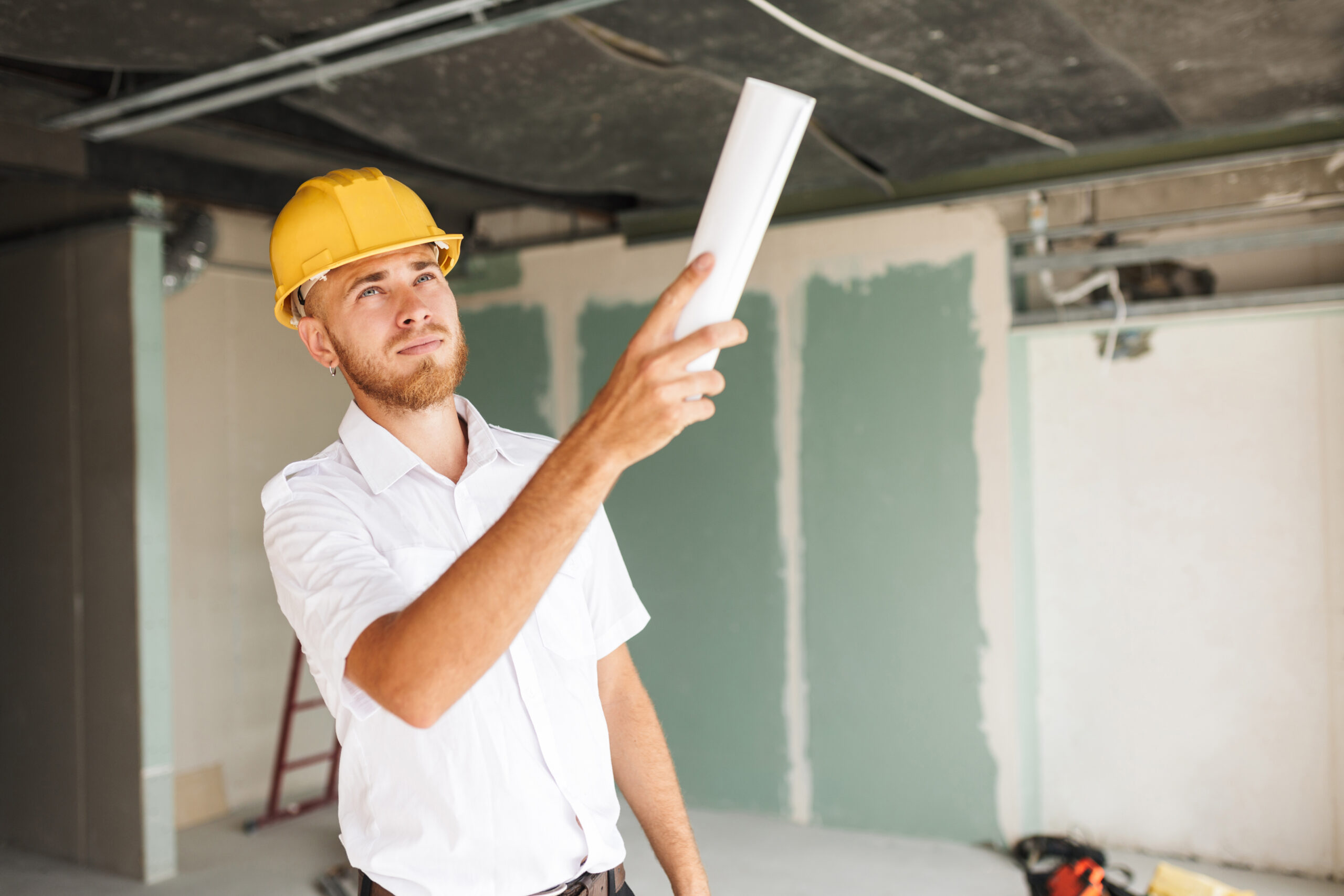
Cost Comparison: Do-it-Yourself vs. Professional Decision
If you do the drywalling yourself, the material cost is around $0.30 to $2 per square foot. That equates to roughly $75 to $1,720 in all, based on your garage size, thickness of drywall, and texture addition.
If you work with a professional, you will have to throw another $1.20 to $1.50 per square foot for labor.
Keep in mind, hanging drywall is not the easiest DIY job, it takes skill and patience. If you’re not confident, it’s usually better to hire a contractor so the job is done right.
How to Save Money on Drywalling a Garage
Drywalling your garage doesn’t have to be expensive. With the appropriate steps, you may save money while achieving good results. Here are a few simple ways:
- Do few tasks with your own hands: The cost of labor can be cut by simple activities such as old drywall removal or sanding.
- Choose ordinary drywall: Ordinary drywall is cheaper when you are not in need of fire or moisture protection.
- Plan ahead. Having a detailed plan helps to avoid unexpected changes that boost expenses.
- Get several quotes: Asking several contractors for prices allows you to find the greatest deal.
- Buy materials in bulk: Buying drywall sheets, screws, and joint compound in bulk frequently saves money.
FAQs
What is the price of drywalling a small garage?
The average cost of drywalling a small garage such as a 1-car garage is between 800 and 2800 dollars. Final cost is determined by the type of drywall used, level of finishing and labor.
Does drywall add value to houses?
Yes, drywall can add value to a garage. Buyers will perceive the space as more functional and safer when they observe finished garage walls. The garage can also be used as a storage area, workshops or gyms using drywall.
Which thickness of drywall is most suitable in a garage?
In most projects, 1/2-inch drywall would be the standard option since it is cheap and has enough strength to support a garage wall. In case you desire an extra fire or soundproofing, then 5/8-inch drywall would be a better choice though it costs a bit higher.
Are drywalls less expensive than other walls?
Drywall can be less expensive than such other finishes as plywood or wall panels. When you are asking how much to drywall a garage than the other options, drywall is generally cheaper and it gives a clean and paintable surface.
What is the life span of garage drywall?
When properly installed, garage drywall can last 50 to 70 years. The longevity is determined by such factors as moisture control, the quality of finishing, and maintenance.
Conclusion
Garage drywalling is one of the best methods of enhancing the appearance and functionality of the garage. You can store there, it can be your workshop or even a home gym, but with drywall, it is cleaner, safer, and more energy-efficient. The ultimate price is determined by the size of the garage, type of drywall, level of finishing, and labor.
DIY is cheaper, but professional labor is normally time-saving and yields higher quality. With a little planning and prudent decisions, you can have a ready garage to serve you for a few years and save a ton of money at the same time.
Let Prime Estimation handle your garage drywall cost estimates with accuracy and speed. Contact us today for a detailed quote and make your project stress-free.

